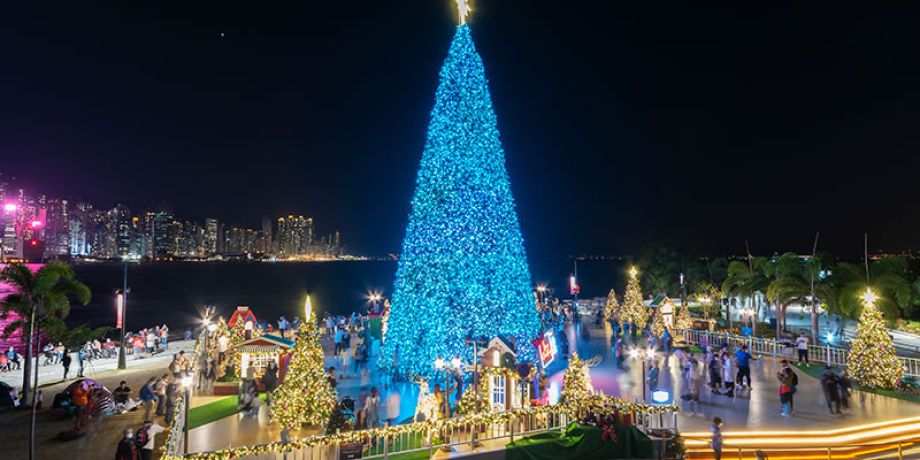
Last Christmas, Fr. Paul began the Vigil Mass on Christmas Eve by gently encouraging the congregation to be grateful for the opportunity to gather to celebrate the Nativity at the Church of the Holy Trinity in Xiantao, China, about 60 miles west of Wuhan. His encouragement to be grateful was made against a backdrop of recently introduced restrictions on churches in many of China’s big cities as part of the effort to avoid a new wave of COVID-19, which was still finding a way to emerge across the country.
 From where I was sitting in the bright and spacious church, which opened just three years ago, it felt like the congregation understood his message. They had filled all the pews and the entire back of the church. Fr. Paul then said he did not even need to mention the city of Xian, a reference to the city of 12 million residents that had gone into strict lockdown a few days before Christmas to contain a local outbreak. China’s ongoing zero- COVID policy is also challenged by a few cases of the Omicron variant slipping through the normally rigid quarantine system for all foreign arrivals.
From where I was sitting in the bright and spacious church, which opened just three years ago, it felt like the congregation understood his message. They had filled all the pews and the entire back of the church. Fr. Paul then said he did not even need to mention the city of Xian, a reference to the city of 12 million residents that had gone into strict lockdown a few days before Christmas to contain a local outbreak. China’s ongoing zero- COVID policy is also challenged by a few cases of the Omicron variant slipping through the normally rigid quarantine system for all foreign arrivals.
As the choir led the people in singing Chinese translations of Christmas hymns that are well known worldwide, a visual feature that stood out for me in the church was the variety of heavy coats that the people were wearing, including the many young children. Snow had been forecast for Christmas Eve.
The low temperatures seemed to indicate that the forecasts were accurate. While the snow did not arrive, the lack of heating within churches and most homes in this area of China meant that people were well prepared for whatever the elements would bring.
The Gospel reading, which announced that Mary and Joseph sought a place to stay in Bethlehem and eventually settled for a stable, seemed to be a story that the people in the church in Xiantao could easily understand in terms of the physical challenge of embracing the cold of the night.
In his homily, Fr. Paul reminded the people that the birth of Jesus is the great news that goes far beyond the illusionary joys offered by much of what is promoted in our modern world. The visual simplicity of the people suggested that many would find some consolation in this message, their basic needs probably on the borderline of being fulfilled.
As the Mass concluded, Fr. Paul led the procession to the nearby crib to place a scaled-up figure of the child Jesus. The disproportionate size of the infant is a well-accepted part of Christmas cribs in this part of China, the practice presumably having special significance for the people. After offering incense and singing a final hymn, the liturgy concluded, and anyone who wished to could move towards the crib and gather in prayerful silence.
It was clear to everyone at that Christmas vigil that challenging times lay ahead for those who make decisions at a national level. There were questions about the effectiveness of the locally produced vaccines if Omicron began spreading here. ICU beds are just a fraction of what is common in many Western countries, and a city of 12 million people was already in lockdown.
Perhaps what is needed is the perseverance and bravery of the Catholics who gathered on Christmas Eve to face the cold temperatures. Also, prayers that those struggling on the margins of society receive the support they need to navigate another year of the unexpected.
Columban Fr. Dan Troy lives and works in China.